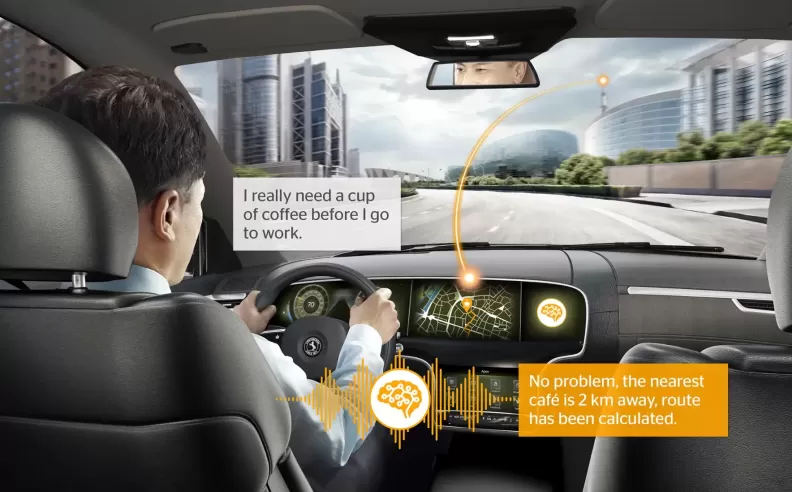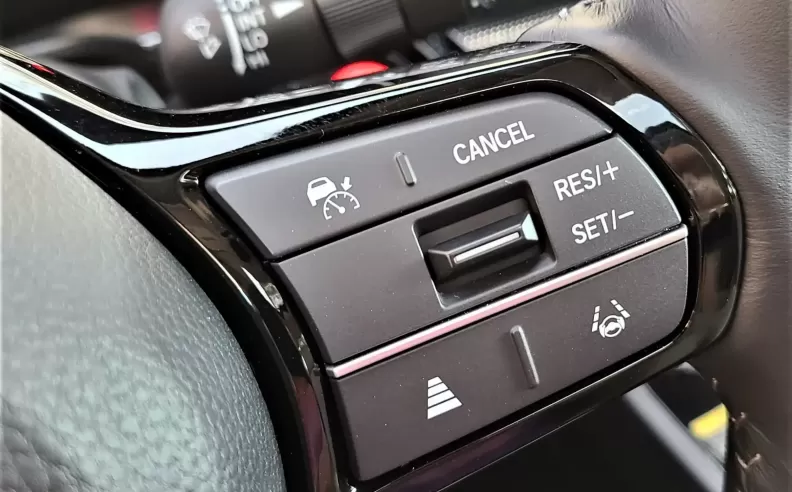
In Saudi Arabia, drivers are paying more attention to technologies that make long trips easier and safer. Cruise control has become one of the most talked about features. Once considered a luxury add on, it is now a standard system in many modern cars. Beyond keeping a steady speed, new generations of cruise control connect with smart safety systems, making it an important part of daily driving comfort.
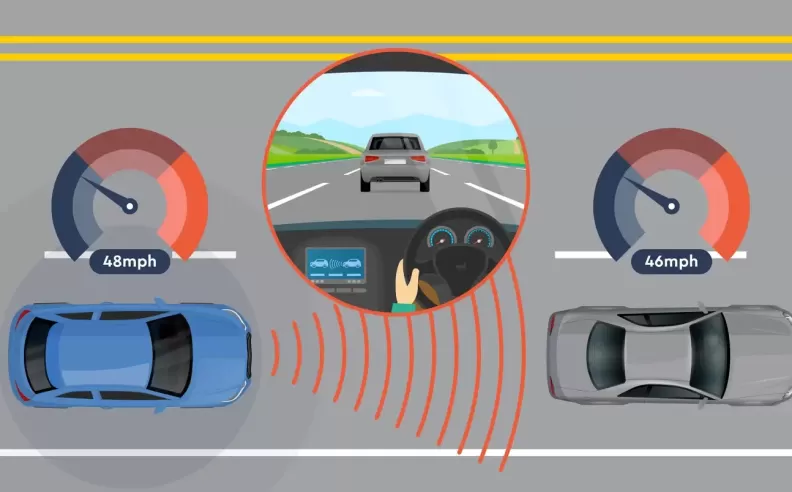
Cruise control is an electronic system that manages the accelerator automatically to maintain a steady speed set by the driver. It works best on highways where traffic is lighter and less frequent braking is required. Drivers activate it through steering wheel buttons or stalk controls, and the car then keeps the chosen speed until braking, accelerating, or switching it off. The system includes sensors, control units, and safety cutoffs that disengage instantly if the driver presses the brake pedal.
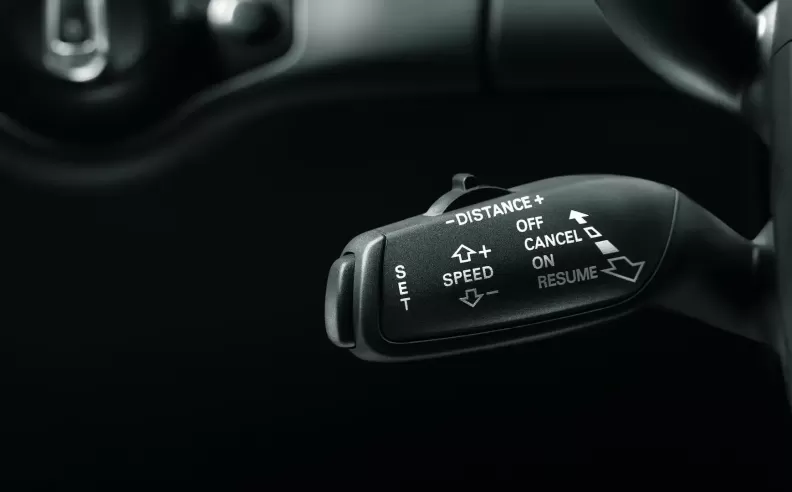
Cruise control reduces driver fatigue, especially on long-distance highway trips between cities. It helps keep fuel consumption steady by preventing constant speed changes. Drivers also experience less stress because the car handles speed control, letting them focus more on the road. For those who often drive across open desert highways or travel long distances for work, this system can make a noticeable difference in comfort and safety.
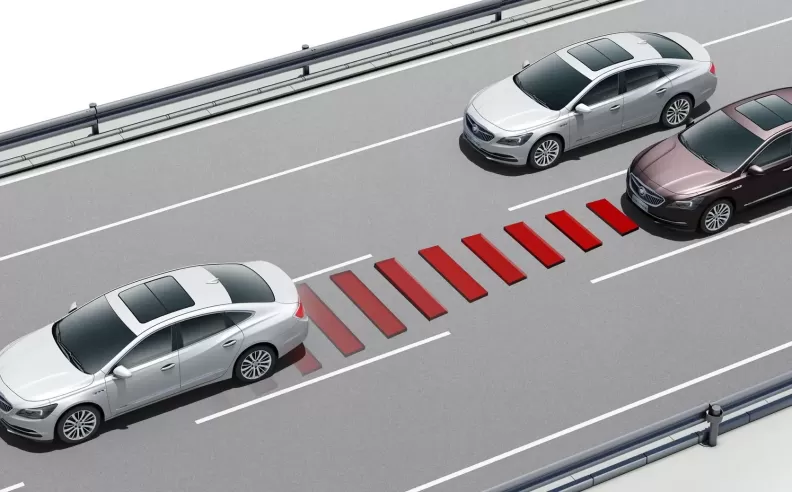
To use it, drivers first accelerate manually until reaching at least 40 km/h. Then they switch on the system and press the set button. Speed can be adjusted using plus or minus buttons without touching the pedals. The cancel function turns it off temporarily with a tap on the brakes, while the resume function brings back the last set speed. However, experts recommend avoiding cruise control on slippery roads, in heavy city traffic, or on steep mountain routes common in the southwest regions of Saudi Arabia.
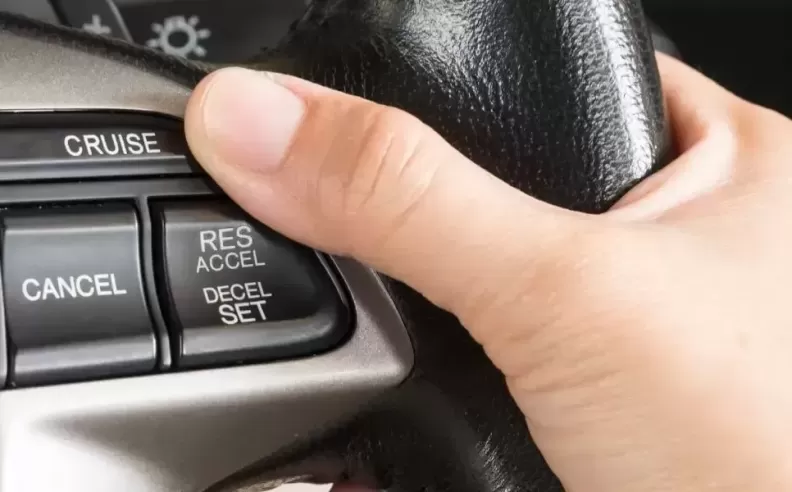
There are four main types. Standard cruise control simply holds a steady speed. Adaptive cruise control adds radar or cameras to maintain safe distance from cars ahead, which is popular on Saudi highways with mixed traffic flow. Intelligent cruise control is more advanced, linking with maps and traffic signals for semi-automated driving. Predictive cruise control uses GPS data to adjust speeds before curves or slopes. Luxury models in Saudi showrooms often feature the adaptive or intelligent versions, appealing to buyers who want maximum comfort and safety.

Started my career in Automotive Journalism in 2015. Even though I'm a pharmacist, hanging around cars all the time has created a passion for the automotive industry since day 1.
